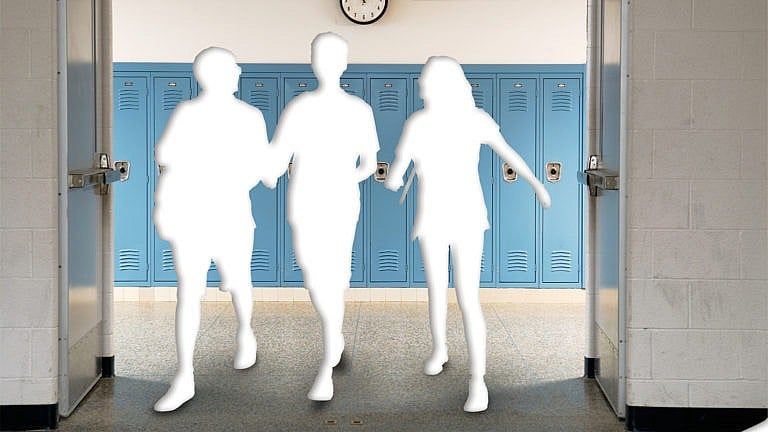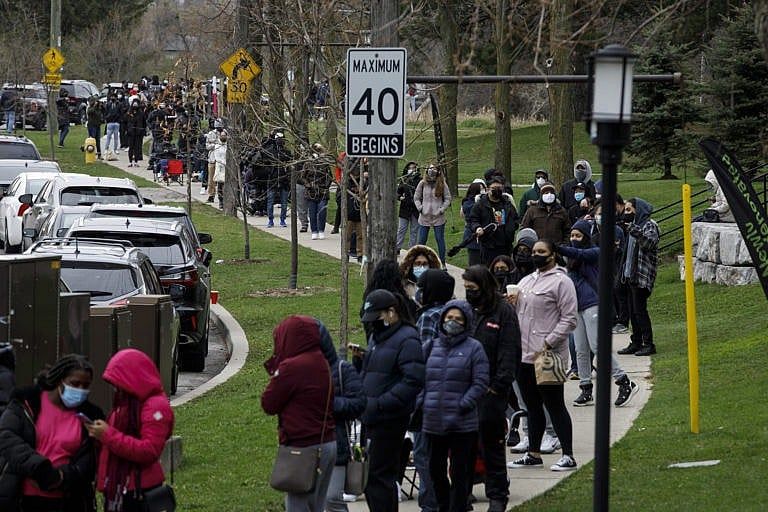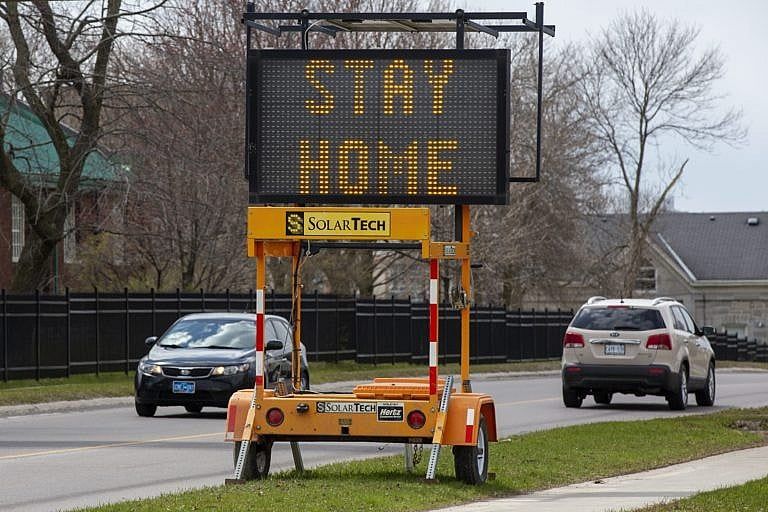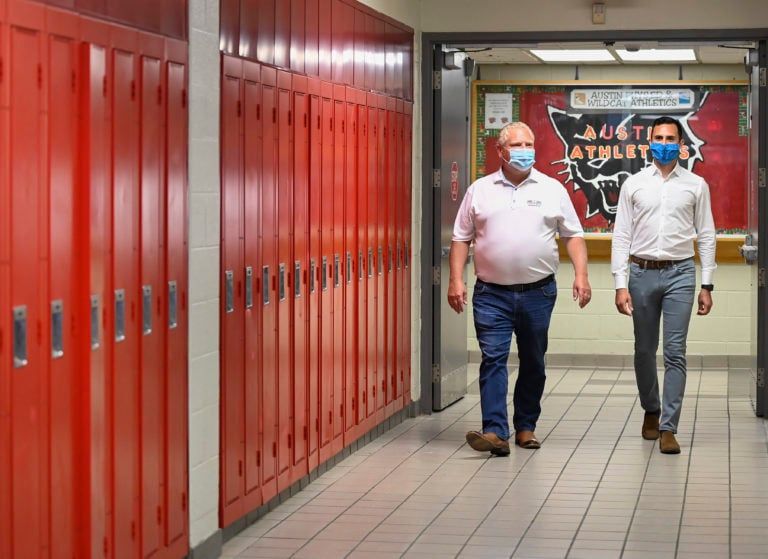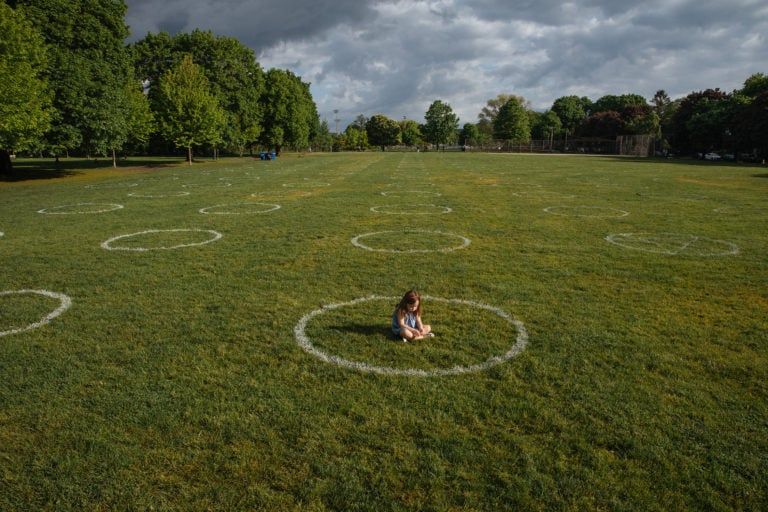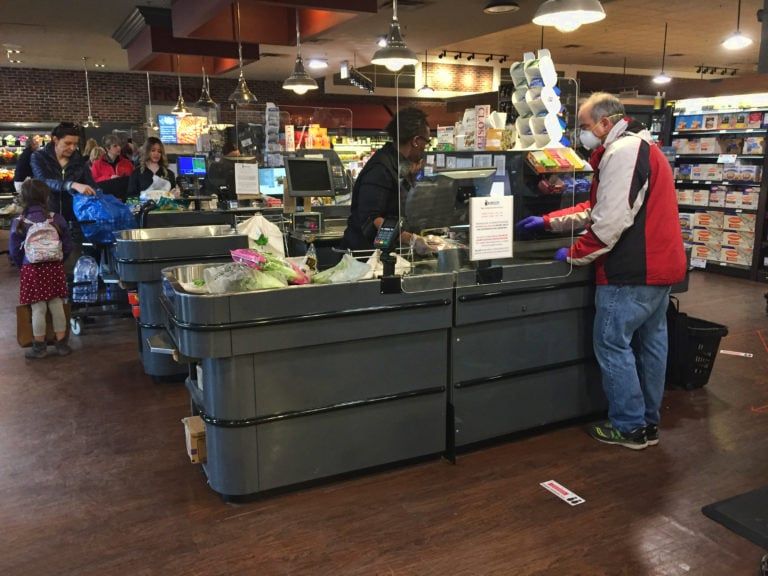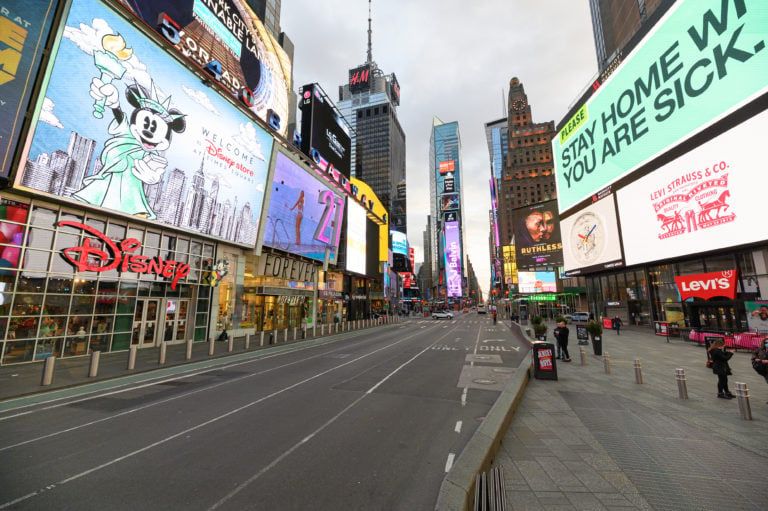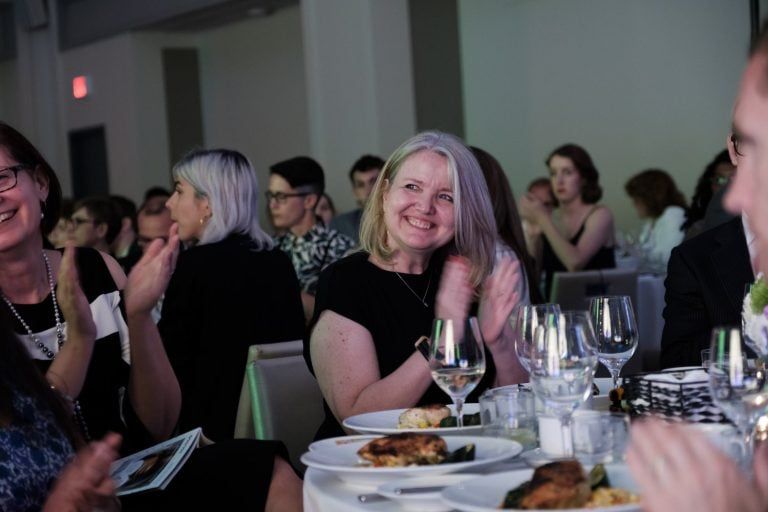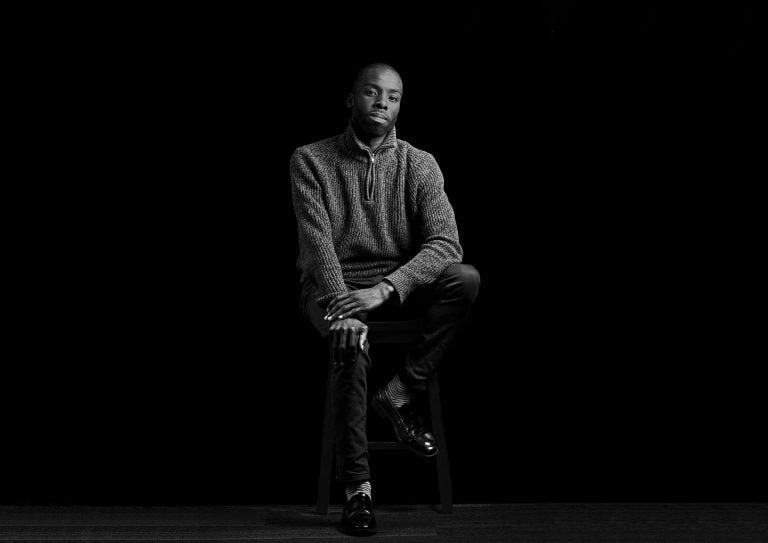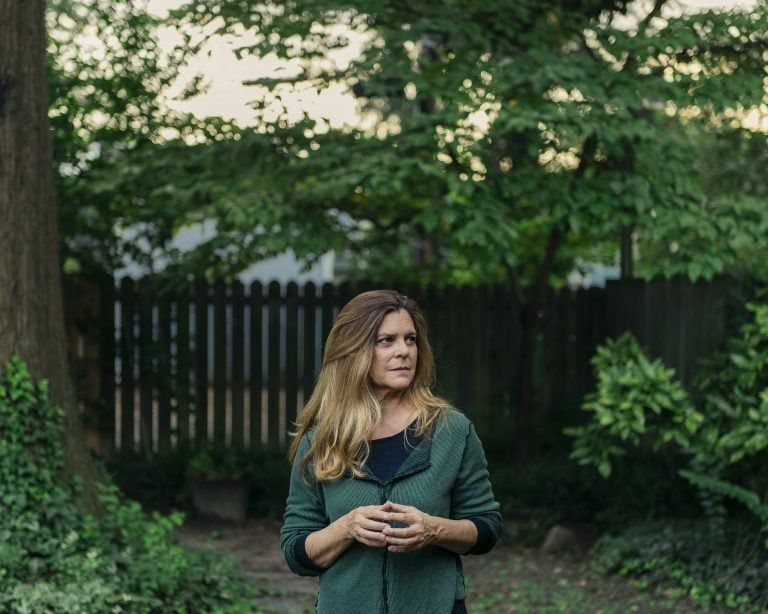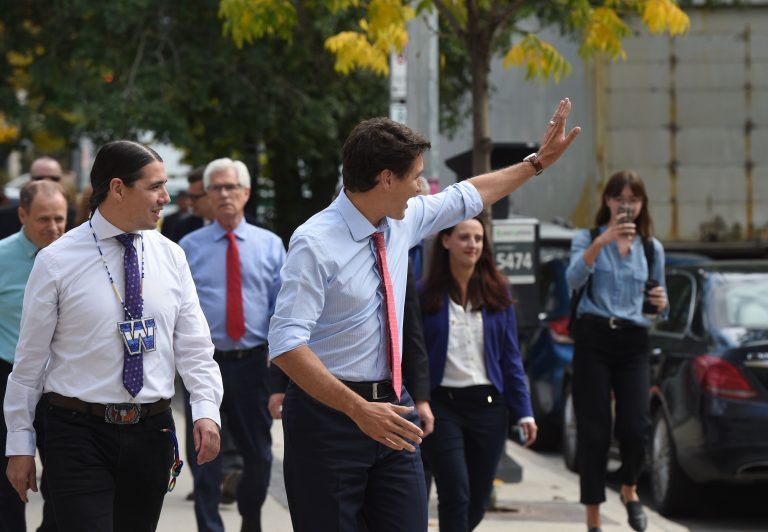Sarmishta Subramanian
The lost year in education
Education disruption is the ‘shadow pandemic’ that could eclipse the health crisis in its impact. And with mounting learning gaps and lagging policy, Canadian students are falling behind their global peers.
Here’s what you really need to get a COVID vaccine in Ontario
An alchemy involving copious free time, a car and loads of social capital—adding up to a terrible way to get jabs into the arms that need them most
Why months of ‘Stay Home’ messaging didn’t work in Ontario
The COVID messaging contained a preponderance of confusing and unhelpful information, known in common parlance as BS. The results were disastrous.
Parents of Ontario, maybe it’s time to call a strike
Sarmishta Subramanian: In just a few weeks our kids will pile into overcrowded, poorly ventilated classrooms. Our voices aren’t being heard. So maybe it’s time to walk off the job (if we have jobs)
‘If we had to go back to school I’d be furious’: Kids on pandemic life
Kids on fighting boredom, too much screen time, and what’s actually better about life in these times
The COVID-19 pandemic is remapping childhood—and the effects may linger
Not only do we not understand what the virus does to kids, we’re also in the dark about what this crisis might mean for them psychologically and emotionally. Some researchers are trying to look ahead.
Why Covid-19 finally makes the ‘essential economy’ impossible to ignore
Economist Armine Yalnizyan on what the economy will look like after the pandemic, and how decades of spending cuts left Canada ill-prepared when the crisis struck
The end of economic growth
What economies face now may not be solely a coronavirus-triggered meltdown. As devastating as the coming recession—or depression—is likely to be, the health crisis is exacerbating problems in a system that was already under strain.
Anne Kingston: Her beat was life
‘Everything connects,’ her Twitter bio begins, and in Anne’s work, it did. She was the model for what a writer could be.
Desmond Cole: ‘Canada insists on being surprised by its own racism’
Cole, a leading Black activist and critic of systemic racial injustices, sits down with Sarmishta Subramanian to discuss his new book ‘The Skin We’re In’
How to hunt down the world’s most dangerous arms dealers
Kathi Lynn Austin talks to Sarmishta Subramanian about the front line of the illicit weapons trade, where she fraternized with those who run it while gathering evidence to thwart their enterprise
Justin Trudeau and the antiracism trap
Sarmishta Subramanian: If inequality and a fair chance for all are our underlying concerns, the uproar about Trudeau’s brownface photos is just a sideshow
